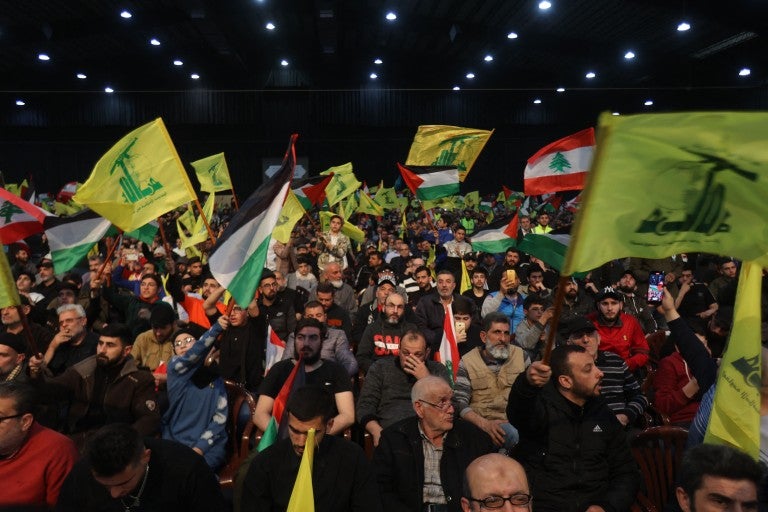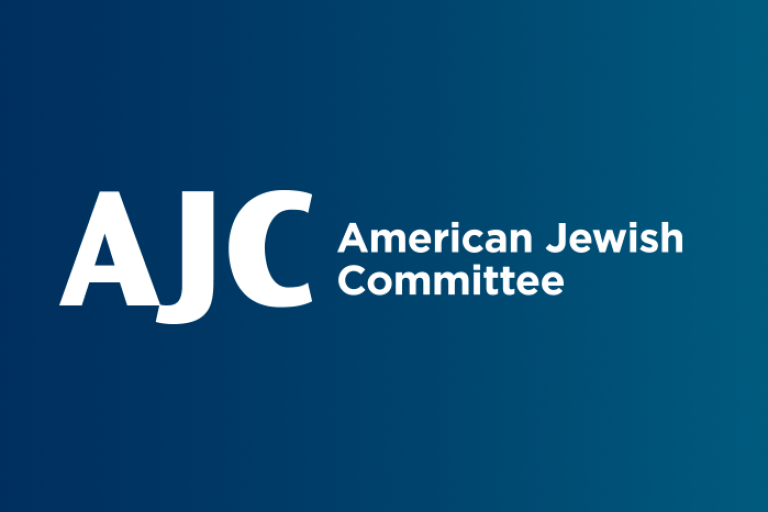November 5, 2017 — Seoul, South Korea
An 11-member AJC leadership delegation just concluded a three-day visit to the Republic of Korea's capital.
The group met with, among others, Minister of Unification Cho Myoung-gyon; Minister of Trade, Energy and Industry Kim Hyun Chong; Vice Minister of Foreign Affairs Lim Sung-nam; and Professor Moon Chung-in, Special Advisor for Unification, Diplomacy, and National Security Affairs for President Moon Jae-in.
The delegation also held private meetings with Israeli Ambassador Chaim Choshen and U.S. Chargé d’Affaires Marc Knapper. In addition, Ambassador Choshen hosted a Shabbat dinner for members of the group.
Principal topics discussed during the visit were: (i) Korean-U.S. bilateral ties, and especially President Donald J. Trump’s upcoming visit to Seoul; (ii) Korean-Israeli bilateral relations, including the status of the proposed free-trade agreement between the two countries; (iii) the threat to peace and security posed by the North Korean nuclear and ballistic missile programs; and (iv) ongoing challenges in the Middle East, among them North Korean proliferation activities in the region.
“We believe that relationships are tested, above all, in challenging times,” AJC CEO David Harris said. “We came to Seoul to show our support and solidarity, better understand the situation on the ground, and share our impressions back home. We were also struck, not for the first time, by the remarkable commonalities between South Korea and Israel — two advanced democratic societies facing existential threats from authoritarian and aggressive enemies.”
The visit featured a regional overview from scholars at the Asan Institute for Policy Studies, one of South Korea's preeminent foreign policy think tanks. Every semester since 2015, AJC hosts an Asan Fellow in its Washington, D.C., office.
Another highlight included dinner with Ambassador Chun Yung-woo, Chairman of the Korean Peninsula Future Forum (KPFF) and former National Security Advisor to President Lee Myung-bak, and Ahn Ho-Young, until a few weeks ago South Korea’s Ambassador to the United States.
The delegation also had the opportunity to visit two renowned universities — Yonsei and Ewha — where Harris was invited to meet with undergraduates studying international relations and discuss U.S. foreign policy in Asia and the current situation in the Middle East. The Korean-language edition of AJC’s publication, “The Arab-Israeli Conflict: A Brief Guide for the Perplexed,” was distributed to the students.
In an effort to better understand South Korea's considerable security challenges, the group traveled to the Demilitarized Zone, where they visited the Joint Security Area, Dora Observatory, and Infiltration Tunnel Number 3.
The AJC visitors also had the opportunity to talk with defectors from North Korea, learning about conditions on the ground in the “Hermit Kingdom” and the arduous journey from tyranny to freedom.
AJC has been actively engaged with South Korea since the late 1980s, and maintains close ties with Korean officials and other representatives in Seoul, the U.S., Israel, and elsewhere through its pathbreaking Asia Pacific Institute. Since 2014 alone, there have been four visits to Seoul. The Institute is chaired by Jeffrey Stone and directed by Shira Loewenberg.


